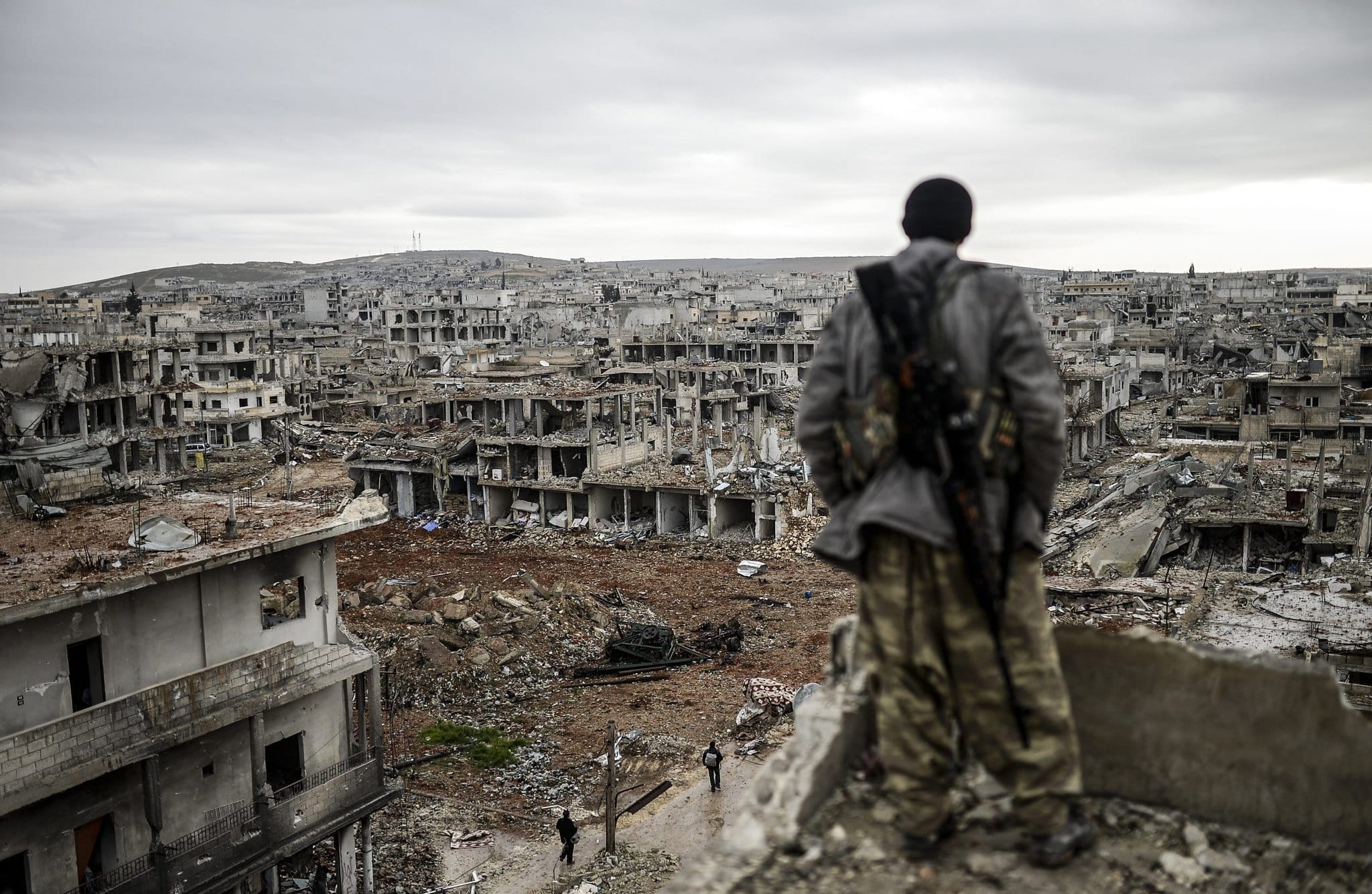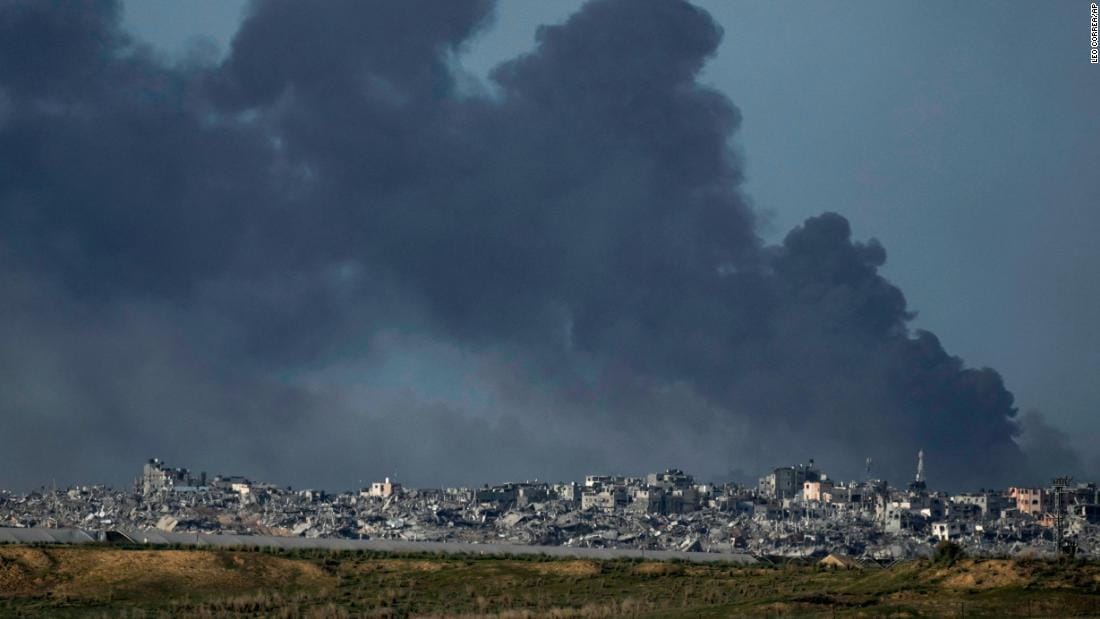The Syrian conflict has entered a new phase, with rebel forces making significant gains in recent weeks. The advances have sparked concerns among US officials over the potential for an Islamist takeover, raising questions about the future of the conflict and the potential implications for regional stability.
The rebel gains have been most notable in the northwestern province of Idlib, where forces aligned with the opposition have captured key territories from the Syrian government. The advances have been facilitated by the support of Turkey, which has provided military aid and logistical support to the rebels.
The rebel gains have also been driven by the fragmentation of the Syrian government’s forces, which have been weakened by years of conflict and internal divisions. The government’s forces have been further weakened by the loss of key allies, including the Russian-backed militia group, the Tiger Forces.
The rebel advances have sparked concerns among US officials over the potential for an Islamist takeover. The opposition forces are comprised of a range of groups, including some with ties to extremist organizations such as al-Qaeda. The presence of these groups has raised concerns that a rebel victory could lead to the establishment of an Islamist state in Syria.
US officials have expressed concerns that an Islamist takeover could have significant implications for regional stability. The US has long been concerned about the spread of extremist ideologies in the region, and the potential for an Islamist state in Syria could exacerbate these concerns.
The US has maintained a cautious approach to the Syrian conflict, providing limited military aid to rebel forces while avoiding direct involvement in the conflict. However, the recent rebel gains have raised questions about the effectiveness of this approach, with some calling for greater US involvement to prevent an Islamist takeover.
The US is not alone in its concerns over the potential for an Islamist takeover. Other regional powers, including Turkey and Saudi Arabia, have also expressed concerns about the spread of extremist ideologies in Syria.
The Syrian government has also expressed concerns about the potential for an Islamist takeover, with President Bashar al-Assad warning that a rebel victory could lead to the establishment of an Islamist state.
The rebel advances have also raised questions about the future of the Syrian conflict. The conflict has been ongoing for over a decade, with millions displaced and thousands killed. The recent rebel gains have raised hopes that a resolution to the conflict may be possible, but the presence of extremist groups has raised concerns that a lasting peace may be elusive.
The international community has called for a negotiated settlement to the conflict, but the recent rebel gains have raised questions about the feasibility of this approach. The opposition forces are comprised of a range of groups, including some with competing interests and agendas.
The Syrian government has expressed a willingness to engage in negotiations, but has insisted that any settlement must be based on the preservation of the country’s territorial integrity. The opposition forces have also expressed a willingness to engage in negotiations, but have insisted that any settlement must be based on the removal of President Assad from power.
The recent rebel gains have raised questions about the potential for a negotiated settlement to the conflict. The presence of extremist groups has raised concerns that a lasting peace may be elusive, but the advances have also raised hopes that a resolution to the conflict may be possible.
The international community has called for a negotiated settlement to the conflict, with the UN Security Council passing a resolution calling for a ceasefire and the initiation of peace talks. However, the recent rebel gains have raised questions about the feasibility of this approach.
The Syrian conflict has entered a new phase, with rebel forces making significant gains in recent weeks. The advances have sparked concerns among US officials over the potential for an Islamist takeover, raising questions about the future of the conflict and the potential implications for regional stability.
As the conflict continues to evolve, it remains to be seen whether a negotiated settlement will be possible. The presence of extremist groups has raised concerns that a lasting peace may be elusive, but the advances have also raised hopes that a resolution to the conflict may be possible.
In the meantime, the international community will continue to monitor the situation closely, with a focus on preventing the spread of extremist ideologies and promoting a negotiated settlement to the conflict.



